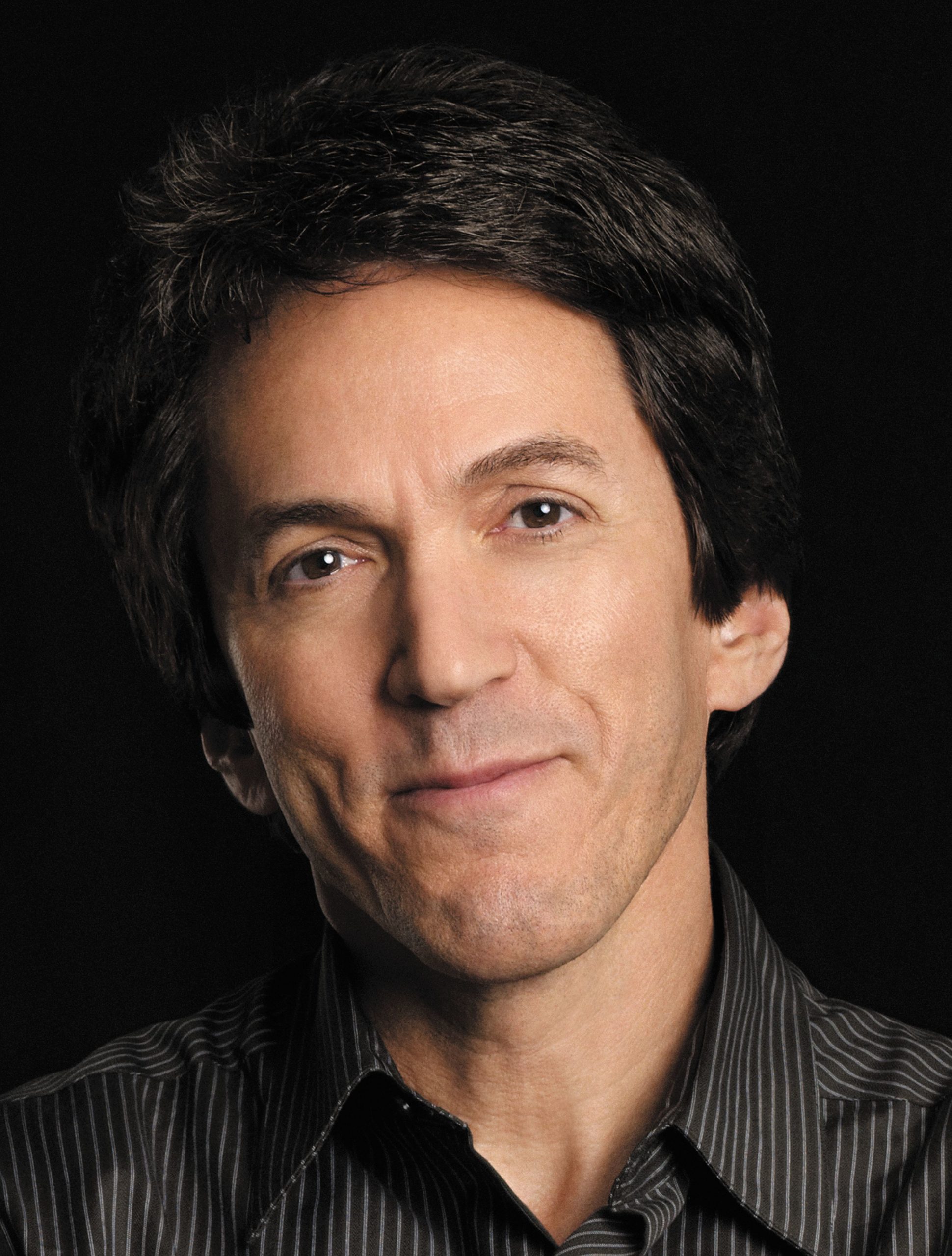Best-selling author Mitch Albom can trace his writing career back to a New York City supermarket in the early 1980s, he said.
He was a 20-something trying to make it in the music industry, despite his career refusing to launch, he said, and as he was leaving the store, someone threw a copy of the Queens Tribune in his basket.
“I think I was buying popcorn and Häagen-Dazs at the time,” Albom said.
An advertisement in the paper asking for volunteer reporters compelled Albom to visit the newsroom and give writing a shot, he said. On his first day, he was assigned a hearing about Forest Hills parking meters.
“I’d never written anything before,” he said. “I took a pad and a pen and pretended like I was in ‘All the President’s Men.’”
More than 30 years later and after abandoning music for writing, Albom will be coming to New York next week to speak about his career and his new book “The Next Person You Meet in Heaven” at Temple Beth Sholom in Roslyn.
The book, a New York Times best-seller, is the sequel to “The Five People You Meet in Heaven,” published 15 years ago.
The books grapple with mortality, envisioning an afterlife in which one is greeted sequentially by five people whom he or she affected throughout life. In the first book, a man named Eddie sacrifices his life to save a little girl, Annie. The new book follows Annie to heaven.
Albom said he never thought about writing a sequel but would hear from readers who wanted to know what happened to the characters.
Fans of the first book have told him that they like the sequel, Albom said, and some, to his surprise, have said they like it even more than “The Five People You Meet in Heaven.”
Albom’s perspective on mortality and loss has shifted since he wrote the original, especially in the last few years, Albom said.
He experienced the deaths of both his mother and father and then a young girl whom he and his wife were raising as their own, he said.
Albom and his A Hole in the Roof Foundation run an orphanage in Haiti. He learned that one of the orphans named Chika had a brain tumor, and, never having raised any children as their own, he and his wife decided to bring her to live with them, he said.
“She arrived to America with a death sentence on her head, and we always knew in the back of our minds that time was likely to be short with her,” Albom said. “That made me really appreciate the time I had with her, and the joy of being a parent and watching a child revel in the love of a de facto mother and father when she’d never really had that before.”
In the time that she lived with Albom, Chika showed him how life-changing raising a child can be, he said. But learning how to recover from her death was also new for him, he said.
“You have to take an attitude toward loss that allows you to go on because if you don’t and you lose a child you just fall to your knees and you don’t want to get up,” Albom said.
He is currently working on a book that he plans to release next year about his experience with Chika and running the orphanage, he said.
Americans often think about death as being distant and controllable, Albom said.
“We spend a lot of time dieting or exercising or doing yoga … all in an effort to avoid being mortal, which is one way with dealing with your mortality but it’s kind of dealing with it as if you control it,” he said.
It was Albom’s college professor Morrie Schwartz who showed Albom an alternative way to live with the realities of mortality, he said. Albom spent the last Tuesdays of Schwartz’s life with him, which Albom documented in his 1997 bestseller “Tuesdays With Morrie.”
“[Schwartz] said make pretend that there’s a bluebird on your shoulder every day and every day of your life you have to ask that bird, ‘Is today the day that I’m going to die?’” Albom said. “Not too many of us do that. We kind of take our tomorrows for granted.”
With “The Next Person You Meet in Heaven” he hopes to help readers find a sense of self-worth, Albom said. Annie is a character who feels that she routinely makes mistakes, but mistakes are important for making positive changes, he said.
His relationship with Schwartz is an example of having regrets and the opportunity to make up for them, he said.
“I made the terrible mistake of not being involved with him for 16 years and then going to see him the last Tuesdays of his life turned out to be a life-changing thing for me,” Albom said. “And that came from a mistake. I mean it was a very bad mistake to not see him for 16 years, but I was given a second chance.”



